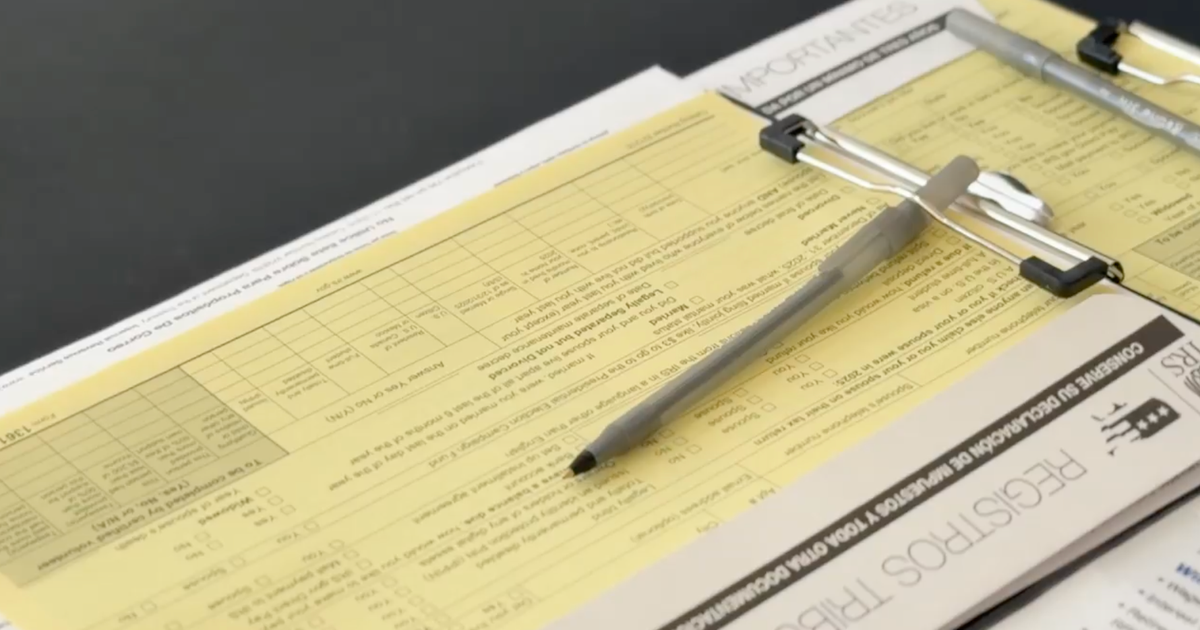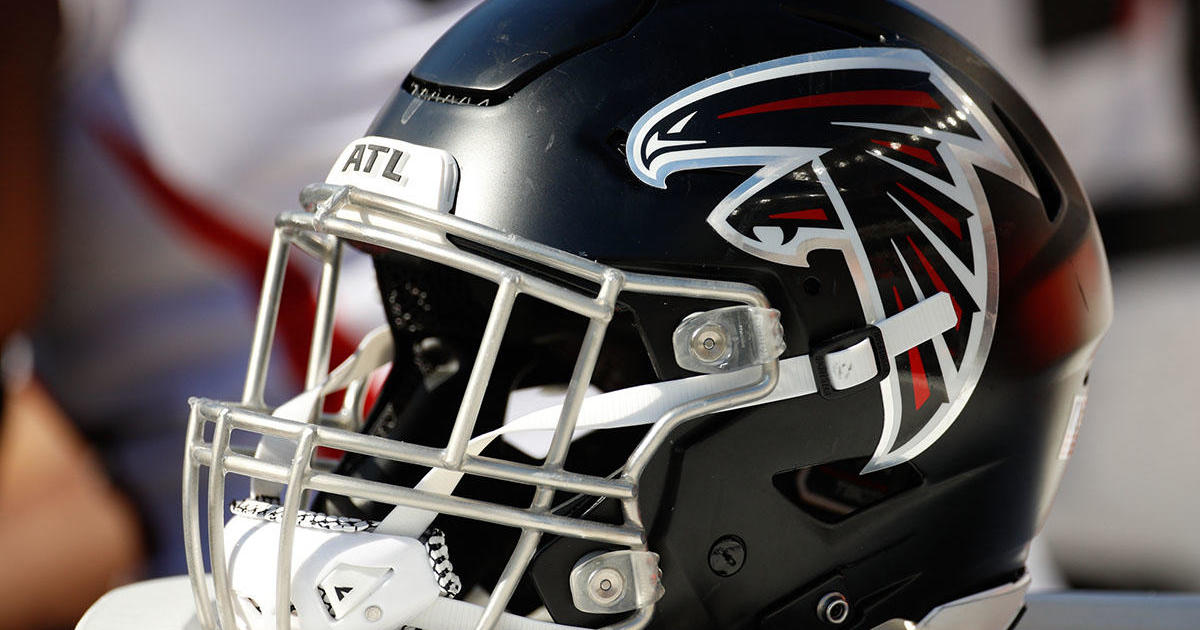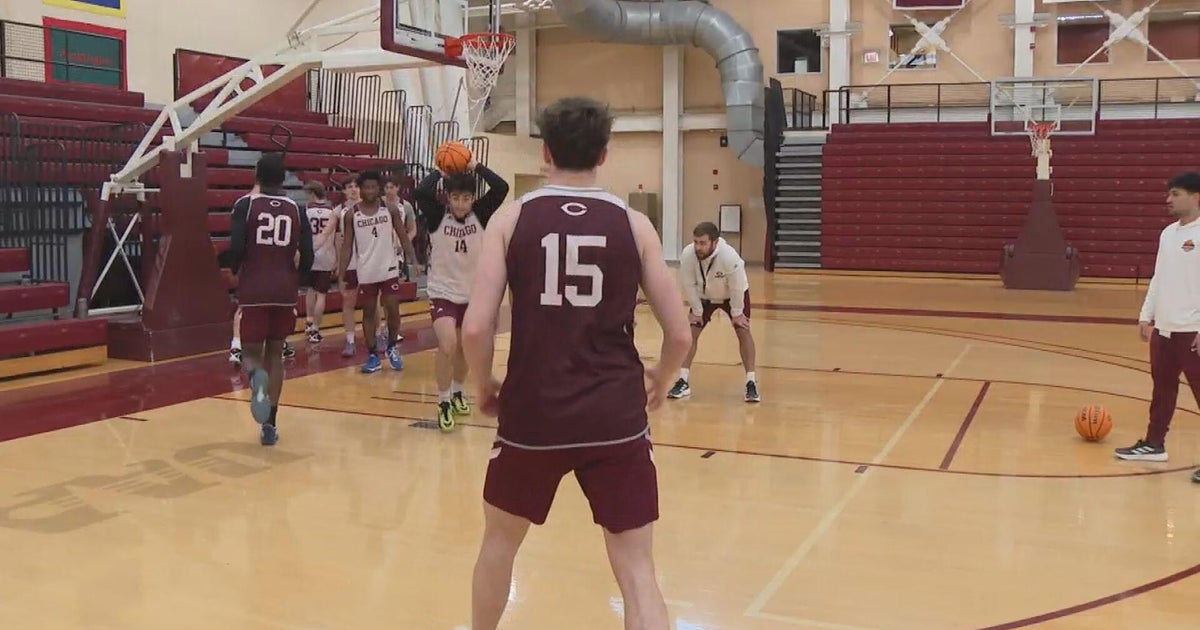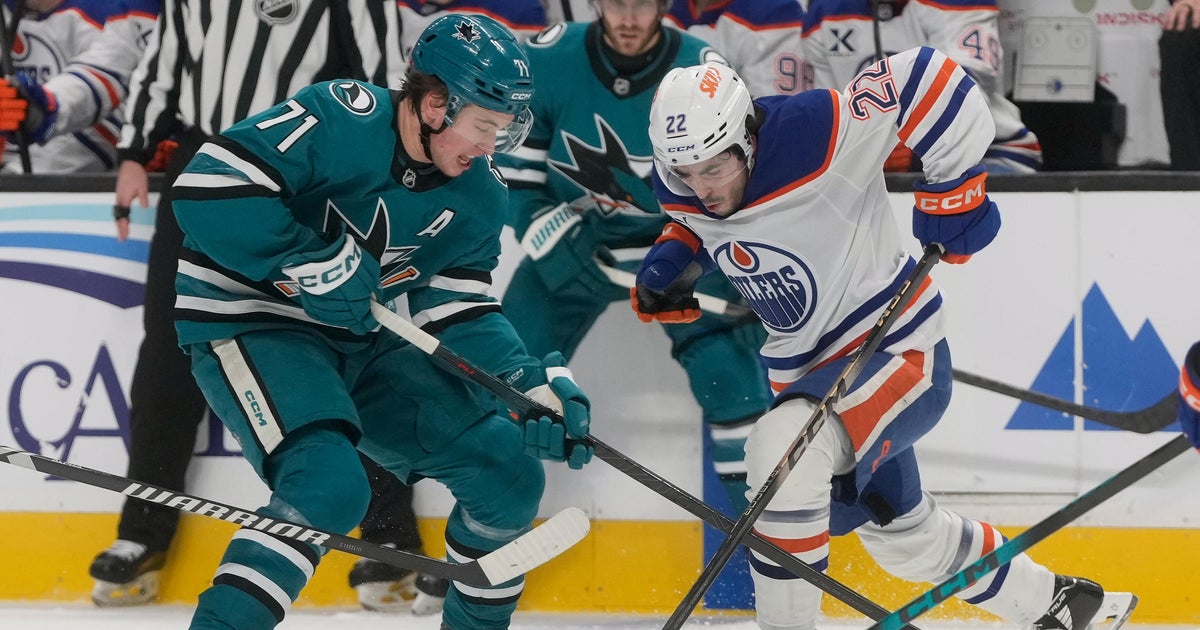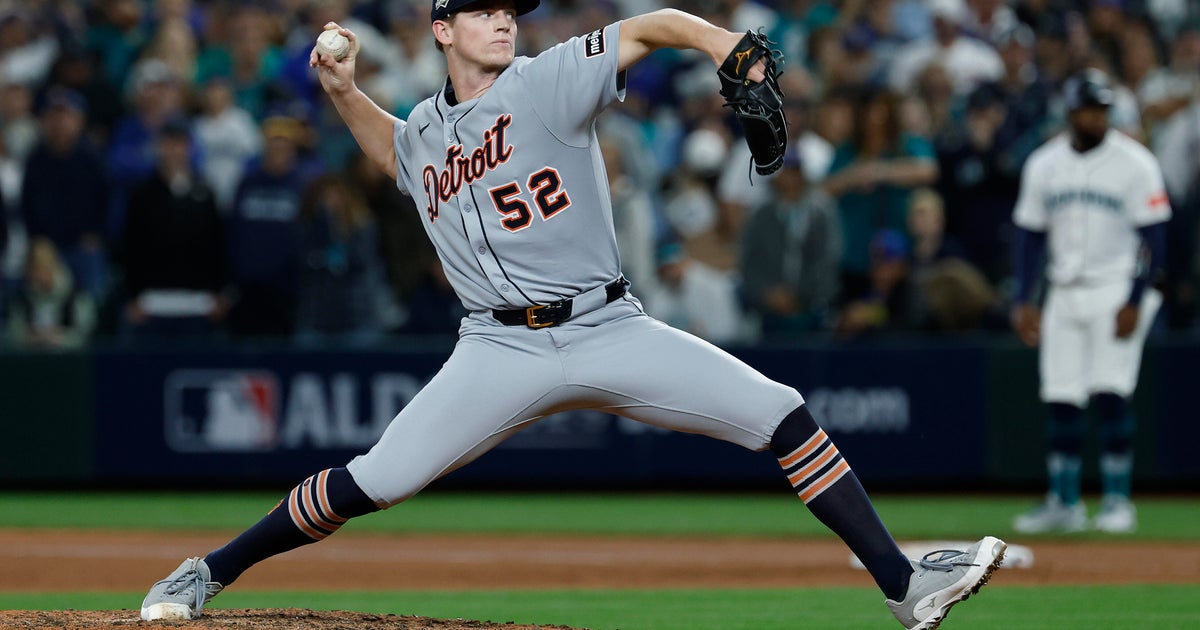Durkin's Playbook: Inside Look At The 'Mike' & 'Jack' Linebackers
By Dan Durkin--
(CBS) With training camp two months away and the majority of major offseason activity complete, there's no better time than now to get into the film room and learn more about football. With the help of my Twitter followers, I'm starting up a summer school series, in which we will take a closer look at certain schemes or terminology people want to learn more about.
Today's topic deals with the responsibilities of the two inside linebackers in a 3-4 defense -- more specifically, new Bears defensive coordinator Vic Fangio's 3-4 defense. Fangio has come to Chicago after previously working in San Francisco.
Let's get some basics out of the way and establish a foundation. The elementary difference between a 4-3 and 3-4 scheme is in a 3-4, a team has replaced a defensive lineman with a linebacker along its defensive front. Effectively, the team has become slightly more athletic. Strategically, a defensive coordinator can now be more deceptive with his pressure packages and keep opposing protection schemes guessing on where the four – or more – rushers are coming from.
There are several similarities between 4-3 and 3-4 fronts, as they've become hybridized across the league. One glaring difference in a 3-4 is there are two inside linebackers on the field when a team is in its base and two down-lineman nickel packages. The 49ers were in four-linebacker packages for 90 percent of their defensive snaps over the past two seasons, per ProFootballFocus' subscription data.
In Fangio's scheme, the two inside linebackers are called the "Mike" and the "Jack" backers. The profile of both players is quite similar -- dependable, durable, physical players with agility to quickly change direction and be explosive when attacking lead blockers in the hole. They need to have high football IQs to coordinate the defense from play to play.
What distinguishes the two roles is their alignments and assignments. The defense puts the Mike backer in the middle of the action, lining him up to the offensive strength, typically using the tight end as his guide, while the Jack plays to the open side of the offensive formation. Both linebackers are heavily relied upon to both fit gaps in the run game and carry inside and underneath receivers in the passing game.
Looking back at Fangio's time in San Francisco, the defenses he coordinated were among the league's best over that four-year period. They lined up with impact, game-changing talent at every level of the defense, but no positional group was stronger than the inside linebackers – Patrick Willis and NaVorro Bowman.
Given that Willis and Bowman shared similar skill sets, physicality and instincts, they were used interchangeably within Fangio's scheme. Fangio devised and executed weekly game plans, tailored to put his defense in the best position to succeed for that week's opponent. However, over the three seasons they played together under Fangio, Bowman was primarily the Mike, while Willis played the Jack role. Bowman was as productive as any linebacker in the league from 2011 through 2013, finishing in the top seven in tackles in each season.
Let's step inside the film room to take a closer look and then make some educated guesses about which players on the Bears roster may project best at each position.
(All images courtesy of NFL GameRewind)
First, let's take a look at how the two positions align themselves.
Here's a play from the 49ers-Bucs game in 2013. Tampa Bay comes out in "11" personnel (one running back, one tight end, three wide receivers) in a 3-by-1, doubles slot formation. The 49ers counter with their base personnel in a 3-4 under front.
Bowman, the Mike, is set to the offensive strength in a 40 technique, spying tight end Tim Wright.
The 49ers played a Cover-3 robber (strong safety drops from a two-high look into an underneath passing zone) on this play, and the Bucs target Wright on a quick out. Bowman picks him up in his zone and trails him to defend the pass.
Willis also flashed as a pass defender over the past four seasons, drawing matchup nightmare Jimmy Graham when the 49ers squared off against the Saints. This cutup comes from the Saints game, but Willis isn't covering Graham on the play. He's matched up against Josh Hill.
Willis played a lot of Mike in this game against the Saints, but on this particular play, he's lined up as a six-technique Jack head up on Hill at the line of scrimmage.
The Saints run Hill up the seam on a corner route as the 49ers play two-man coverage. Willis collides with Hill off the snap, then plays a trail man technique up the field to create a tight passing window.
Drew Brees tries to thread the ball in, but Willis' coverage is too tight, and he's able to defend the pass.
Even though the Mike backer is by design put into the mix more, plays like these demonstrate the coverage assignments required from both backers.
Obviously, the two inside backers are called upon a lot in the run game. Both Bowman and Willis are instinctive and physical players against the run. Watching them play the run demonstrates their film study to read their pre-snap keys -- helmet levels of uncovered linemen and the footwork of opposing running backs -- then diagnose post-snap play flow -- runs at them or away from them.
Both were allowed to freelance within the scheme as well. Once they get a key they trust -- a formation identification or the alignment of an offset back -- they aggressively attack downhill and fill the A and B gaps.
Here are a few examples from the 49ers-Falcons game in 2013, both in short-yardage situations.
Bowman reads his key, the offset alignment of short-yardage back Jason Snelling.
Without hesitation, he attacks the A-gap and drops Snelling for a loss.
Willis had a similar play late in the game on a crucial third-and-1 situation. He reads the formation and gets a key from Roddy White's tight split, indicating a crack block.
Willis shoots the A-gap off the snap.
He stuffs Steven Jackson in the backfield for a loss, forcing a punt.
The profile of these positions requires a lot of the athletes that will play them. Looking at the Bears roster, there figures to be four players in the mix at the inside linebacker position -- Mason Foster, Christian Jones, Jon Bostic and Shea McClellin.
Foster and Bostic may project best at Mike, while Jones and McClellin may project best at Jack.
Dan Durkin covers the Bears for CBSChicago.com and is a frequent contributor to 670 The Score. Follow him on Twitter at @djdurkin.











